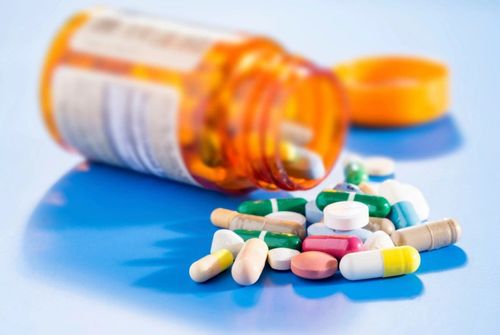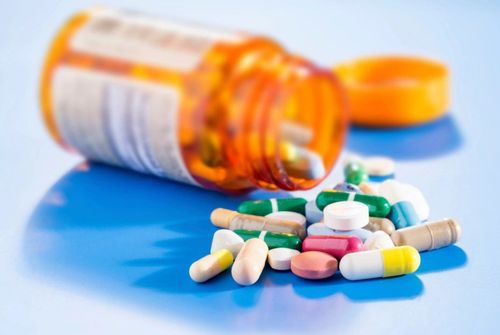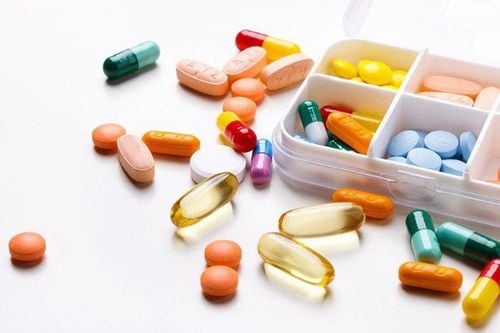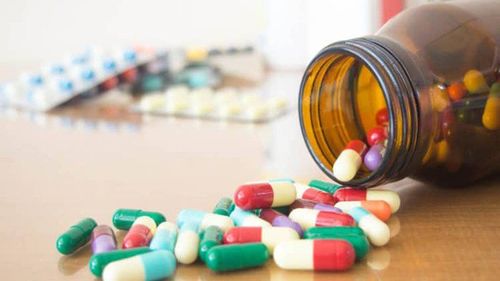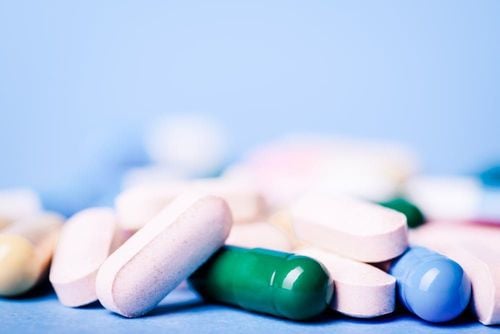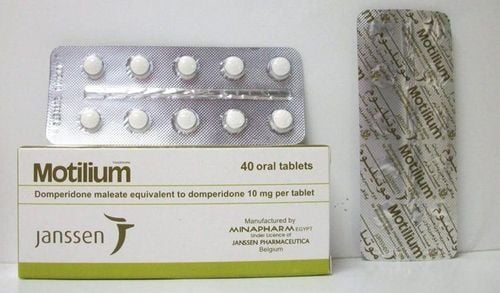This is an automatically translated article.
Antibiotics are widely believed to treat diseases more effectively and faster. But when it is really necessary to use oral or injectable antibiotics and the telltale signs of anaphylaxis, not everyone knows.
1. Under what circumstances should antibiotics be injected or taken?
Injecting antibiotics is still highly appreciated by doctors because of its fast effect and high efficiency, due to the advantage that the drug will be absorbed directly and completely into the blood, thus, the drug does not go through the digestive system, so it does not go through the digestive system. digested and metabolized by the liver. The drug will be more effective when intravenous infusion of an antibiotic solution will quickly reach the infection site.
However, in each specific case, the doctor will ask the patient to inject antibiotics, for example, for the patient who cannot enter the gastrointestinal tract, the patient has a very serious infection (bacteremia). with shock, for example), there is a malabsorption in the gastrointestinal tract, it is necessary to control the rapidly progressing infection as in meningococcal bacteremia (this is a very serious condition and develops rapidly but also fortunately very rare).
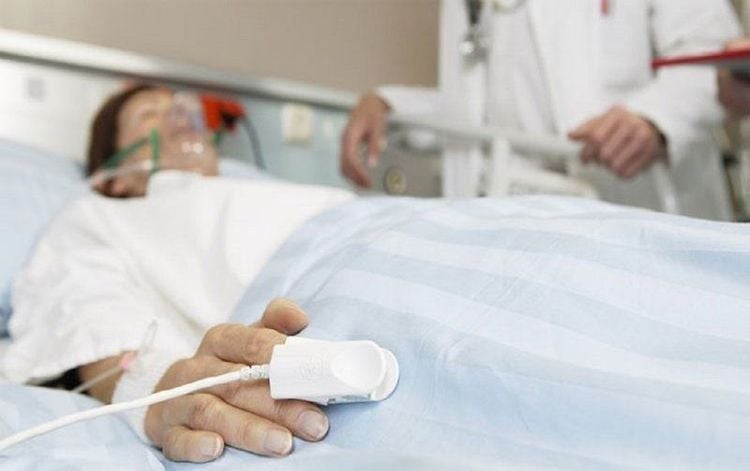
Những bệnh nhân sức khỏe quá yếu sẽ được chỉ định tiêm kháng sinh
An extremely important note for each patient who needs antibiotic injection is that anaphylaxis can occur immediately at a small dose or occur slowly, ie, sometimes the second or third injection reacts. New anaphylactic shock.
The disadvantage of antibiotic injection is that it is easy to cause systemic or local reactions when the body is not able to tolerate the drug. When administering injections, appropriate tools (syringes, needles, etc.) Antibiotic infusion must have a set of lines and must be absolutely sterile, otherwise there will be a risk of infection (such as abscess, infection with hepatitis B virus, C virus). The injection of antibiotics requires a high level of technique and skill with medical staff, to properly inject and avoid shock phenomena for the patient.
Thus, only in specific cases, antibiotic injections are used. In addition, all antibiotics can be taken orally with appropriate doses that will have the same therapeutic effect as injections. Oral administration also avoids pain for patients, especially children, has fewer side effects and complications than injections, is easy to use and reasonably priced.
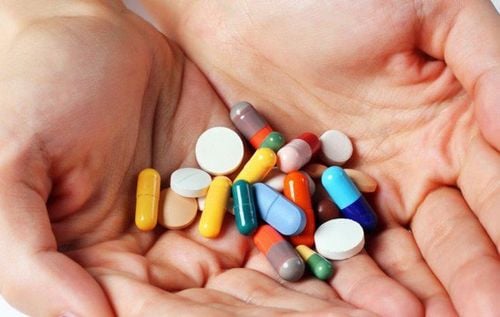
Kháng sinh đường uống giúp giảm thiểu tác dụng phụ và biến chứng cho người dùng
2. Signs of anaphylaxis when injecting antibiotics
Although no doctor or patient wants to have side effects when injecting antibiotics, the risks we still have to accept and have basic understanding to limit the dangers. First, each person needs to catch the signs of anaphylaxis after injecting antibiotics and immediately go to the nearest medical facility for timely treatment. Because many cases just because anaphylaxis are overlooked, there are many symptoms that the patient cannot know, such as vestibular disorders after taking the drug, kidney failure, loss of blood cells... must be monitored for many days. Only after taking the drug will it be recognized by qualified staff.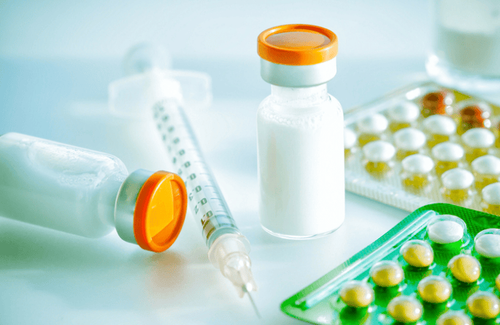
Người bệnh cần nắm rõ dấu hiệu của sốc phản vệ để có biện pháp xử trí kịp thời
The mild reactions immediately after antibiotic injection are allergic skin conditions such as: skin rash (may be localized or spread to the whole body). Slower skin reactions after a few hours to a few days such as Stevens - Johnson syndrome, Lyell's syndrome - skin peeling, whole body peeling, patients can also die later because of skin infections and sepsis . The most severe is an anaphylactic reaction, the common clinical manifestation of which is anaphylaxis.
In particular, patients do not use folk or oral methods such as drinking green bean juice, drinking lemon juice, egg whites... Because these measures have no scientific basis and cannot provide emergency medical care. drug response. Not only does it not treat the disease, but it also makes the condition more dangerous.
In order to limit the side effects of antibiotics, patients should not abuse antibiotics and especially not buy drugs to treat themselves, especially antibiotics and some specialized drugs, including eye drops. , topical application containing antibiotics must also follow the doctor's prescription.




